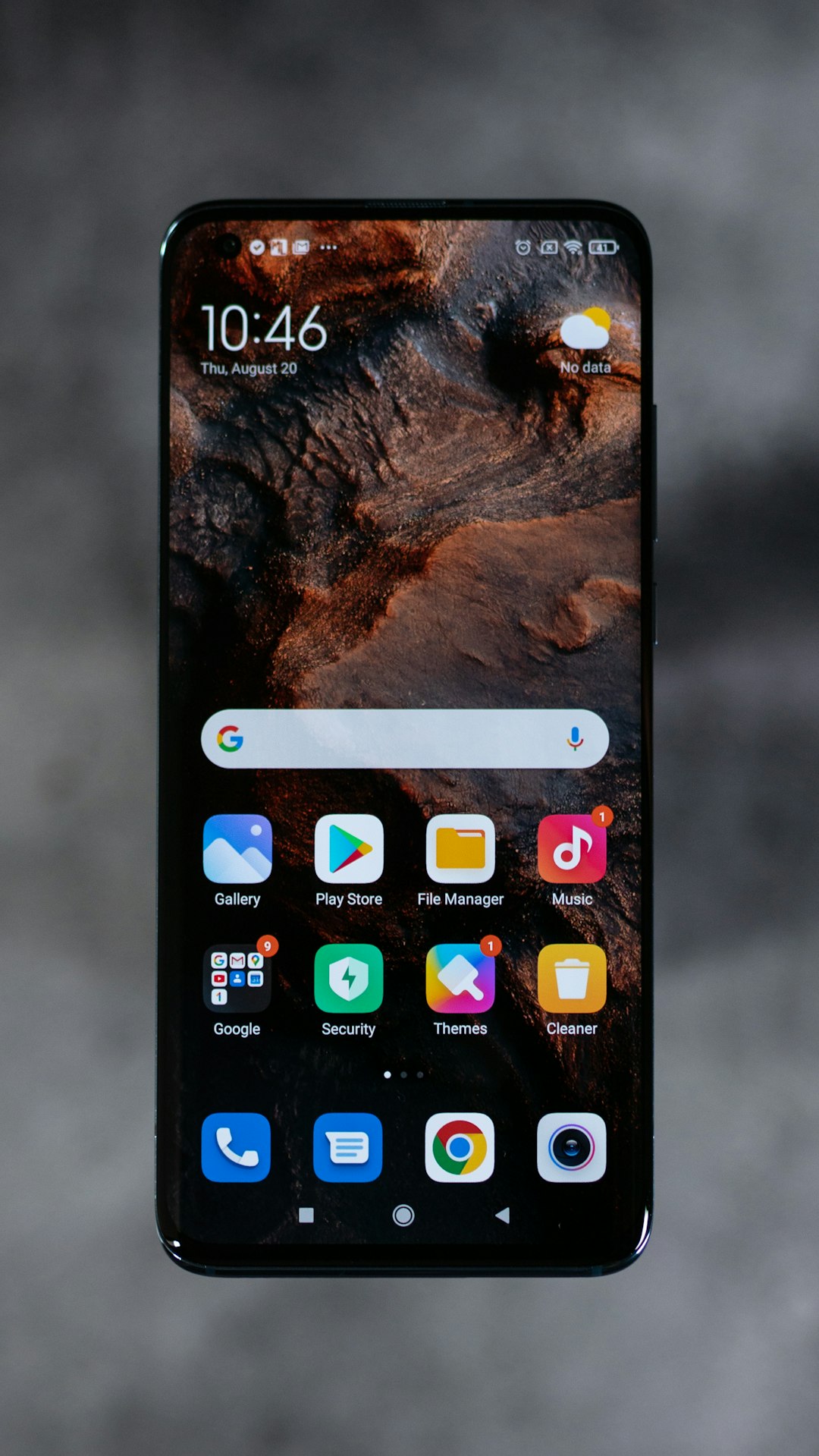Louisville businesses using autodialers for automated messaging must comply with TCPA and state laws to avoid fines. Hiring an autodialer lawyer is recommended for compliance, effective call list management, and understanding opt-out provisions. This approach allows leveraging the benefits of automated messaging while mitigating legal risks and reputational damage. Kentucky lawyers can use autodialers with personalized, relevant messages, transparency, and client consent to build trust and strengthen relationships.
“In the dynamic legal landscape of Kentucky, particularly within Louisville, automated messaging has emerged as a powerful tool for attorneys to engage with clients. This article delves into the best practices for harnessing the potential of autodialers, offering valuable insights for lawyers seeking to enhance their client communication strategies. From navigating the city’s regulatory environment to crafting personalized messages and building trust, discover how to use automated messaging effectively while maintaining compliance.”
Understanding Louisville's Legal Landscape for Autodialers

In Louisville, like many cities in Kentucky, businesses looking to employ autodialers for automated messaging must navigate a specific legal landscape. The Telephone Consumer Protection Act (TCPA) and its corresponding regulations govern the use of automated telephone systems, including autodialers. Engaging with customers through automated messages without compliance can lead to significant legal repercussions, such as hefty fines. It’s crucial for businesses to understand that Louisville’s laws mirror federal guidelines set by the TCPA, demanding explicit consent from recipients before initiating any automated calls or texts.
Hiring an autodialer lawyer in Kentucky is a best practice for ensuring compliance. Legal experts specializing in telecommunicatons law can guide businesses on obtaining proper authorization, managing call lists, and adhering to opt-out provisions. By prioritizing legal adherence, Louisville businesses can effectively leverage the power of automated messaging while avoiding potential pitfalls that could harm their reputation and bottom line.
Crafting Personalized Messages That Convert Customers

In the age of digital connectivity, engaging with customers through automated messaging has become a powerful tool for businesses, especially in competitive markets like Louisville, Kentucky. When implementing an autodialer system for legal services, crafting personalized messages is key to converting prospects into clients. Lawyers can utilize dynamic content and data-driven insights to tailor their outreach, ensuring each message resonates with the recipient’s unique needs and preferences.
By integrating client information, such as name, case details, or previous interactions, automated messages become more than generic promotions. For instance, a law firm specializing in car accidents could send personalized text messages to recent clients, offering post-accident support resources or reminding them of important deadlines related to their personal injury claim. This level of customization not only improves customer satisfaction but also increases the likelihood of converting initial interest into long-term loyalty.
Building Trust and Compliance: Best Practices for Lawyers

In the legal field, building trust with clients is paramount. When implementing automated messaging using an autodialer in Kentucky, lawyers must prioritize transparency and compliance to maintain a strong attorney-client relationship. Disclose the use of automated systems upfront, providing clear consent from clients to receive automated calls or texts for marketing purposes. This ensures clients are aware and comfortable with the communication method.
Adhereing to legal guidelines is crucial for any autodialer usage. Lawyers should ensure messages are personalized, relevant, and not excessive. Respect client preferences by offering opt-out options and adhering to do-not-call lists. Regularly reviewing and updating automated messaging scripts can help maintain compliance, ensuring effective communication that builds trust rather than infringes upon privacy.






